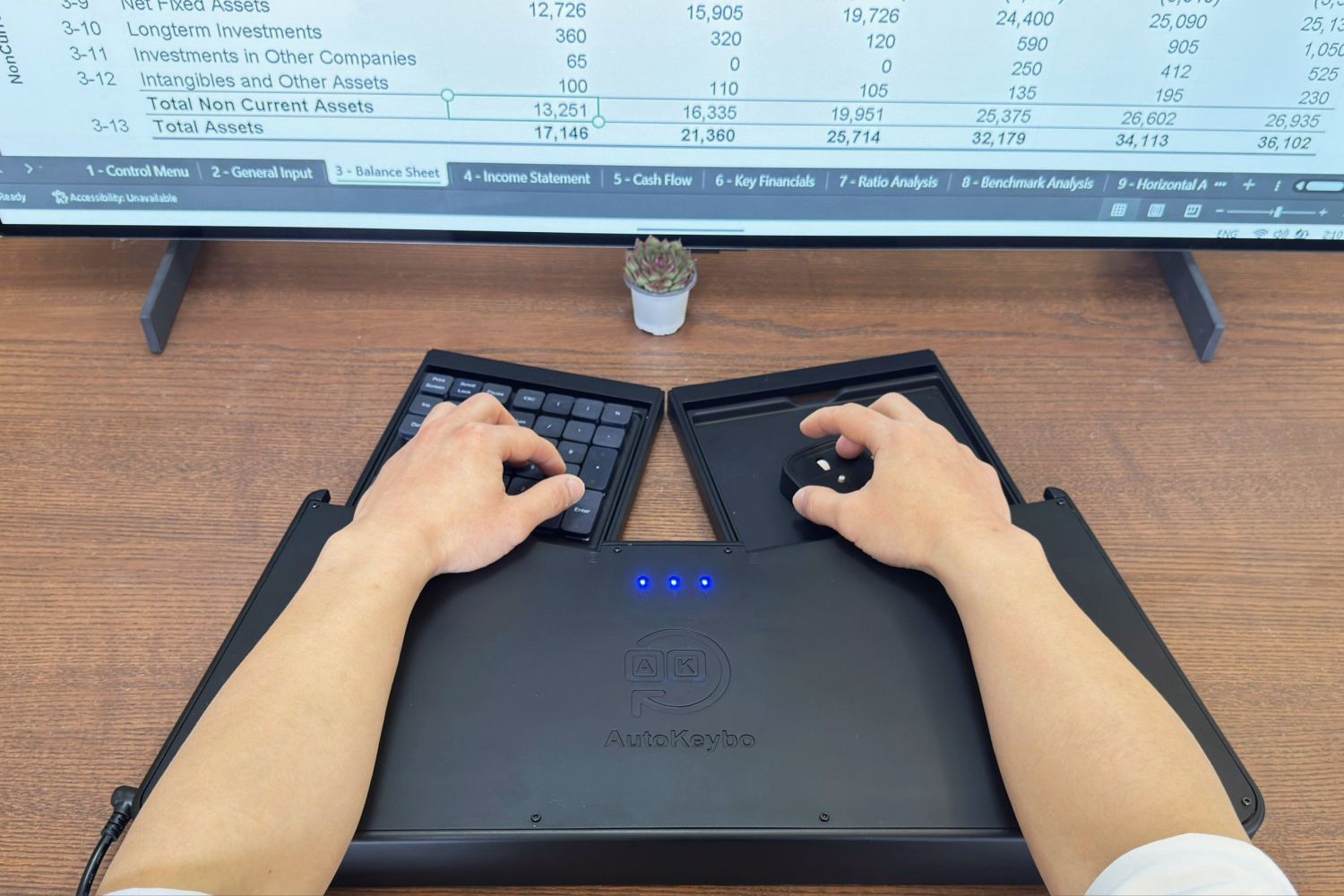A revolutionary device designed to minimize hospital visits for cancer patients has received regulatory approval. Known as Liberty, this device enables patients to perform blood tests and upload the results from the comfort of their homes, without needing supervision.
Patient and Clinician Feedback
Users of the Liberty device report that it significantly reduces the need for exhausting hospital trips, while healthcare professionals believe it could enhance NHS efficiency. Following successful trials at the Christie Hospital in Manchester, the device is set to be rolled out at 12 NHS sites.
However, Cancer Research UK cautions that the device has only been tested on a limited number of patients. They emphasize the need for further trials to determine its broader applicability in cancer care.
Simplifying Blood Tests
Cancer treatment often requires frequent blood tests to monitor various health indicators, such as haemoglobin levels and white blood cell counts. Lynn Thompson, a trial patient who has been battling ovarian and bowel cancer since 2017, expressed relief at being able to perform some of these tests at home.
“The device has significantly reduced my stress and anxiety,” said the 52-year-old. “It’s incredibly simple to use, and it freed me from the physically and mentally draining routine of hospital visits, especially with my fear of needles.”
How It Works
The Liberty device, roughly the size of a small printer, allows patients to perform a simple finger-prick blood test. The analysis is then automatically sent to hospital teams. Dr. Sacha Howell, a senior lecturer in medical oncology at the University of Manchester, highlighted the potential benefits: increased patient convenience and cost savings for the NHS.
While The Christie Hospital has implemented local phlebotomy units to bring blood tests closer to patients’ homes, these units still require staffing. The ability for patients to conduct tests at home could lead to significant efficiencies.
Initial Trial Results
Early trials at The Christie Hospital show promising results, although the number of participants has been limited. The home study involved 22 patients, while regulatory approval trials included 470 patients. Cancer Research UK urges caution, noting that more extensive research is necessary to confirm the device’s effectiveness and clinical utility.
Future Prospects
Dr. Toby Basey-Fisher, CEO of Entia, the company behind Liberty, is optimistic about the device’s impact. “This is the world’s first blood count analyzer that patients can use at home,” he said. “By providing insights into patients’ health, it empowers healthcare professionals to address complications preemptively, reducing hospitalizations and treatment interruptions.”
As Liberty begins wider deployment, ongoing research and patient feedback will be crucial in assessing its long-term benefits and integration into standard cancer care practices.











